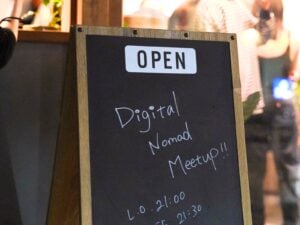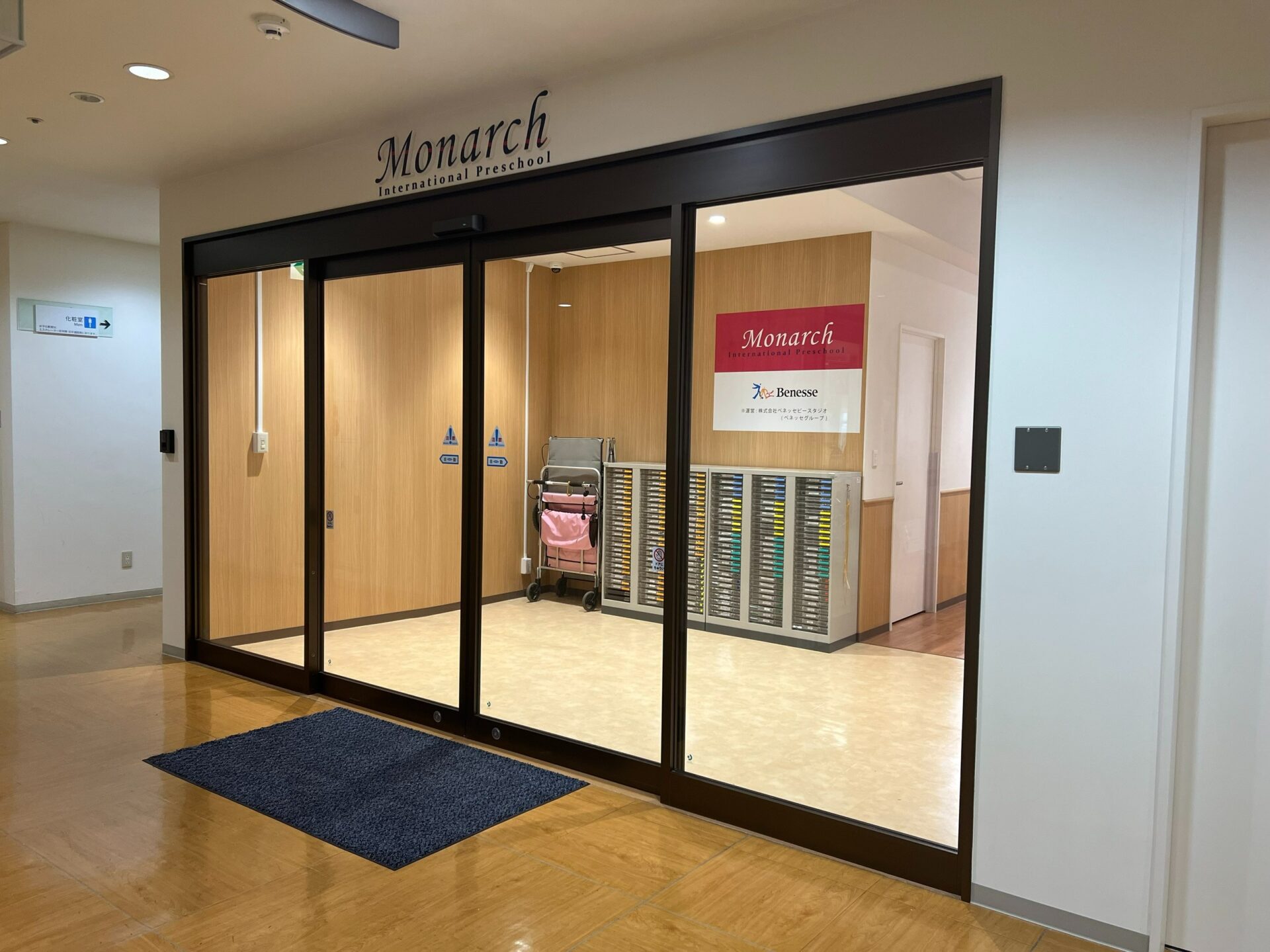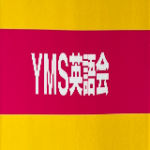
Once you have put in the effort, and gotten the interview, you don’t want to drop the ball at the last hurdle by not following up on your interview!
These steps can be critical, not only for the job that you have just applied to but for future potential jobs and your motivation too. It is important that action is taken right after the process is over, as things will still be fresh for you, the job seeker.
There are two parts to this step of the job search, and both should be completed expeditiously: the first part is self-reflection, and the second is communicating with the interviewer, or interviewers of the organization and possibly other stakeholders involved.
You should be using your smartphone to record your thoughts as you walk down the street from the interview venue. Also, taking notes during the interview, if possible or if you think it is appropriate can assist with keeping your thoughts organized. Immediately is the time to quickly record your impressions, things you will want to follow-up with research and questions on and further areas that you need to improve with your interviews. You will forget later. In this process try not to forget anything as details tend to give opportunities for ideas for various types of improvements, and preparing for any follow-up with the organization that you just interviewed with.
Additionally, use these notes for an action to do list, and to be completed with a sense of urgency using the SMART/MTO goals philosophy. This action list includes notes for a “thank you for the interview” email, responding to the results of the interview – both positive and negative, how you can improve yourself for your next interview, and general impressions of the job (what new things you had learned about the position and the institution).
In the off-chance that you are required to come in for a subsequent interview, these notes will be an invaluable assistant in preparing for that next and final interview. This is especially true if you’re taking a lot of interviews and have actually forgotten what was talked about the first time around. Now you’ll have the opportunity to rehash the positive points, and to look up those areas that need more work on your part. In addition, you can find better questions to ask during the interview as your personal records will give insight into deeper inquiries that you can ask-something that will show those hiring that you are serious, and possibly providing you with thoughts on whether the job is really for you.
What gets measured gets managed

After everything is finished, all of this should go into your “job search” files, organized so that it is something that you can retrieve. This is so that if you are successful and get the job it can help you review some of what is expected before and after you start. Notes and information are also helpful if you were not successful with that job to prepare for the next position you are going to apply to.
Follow-up communication with the interviewers is something that many job seekers neglect to do. Unless explicitly expressed that there should be no communication, a simple and professional thank you message should be sent to the contacts that you made as soon as possible. Within the note, it should include: an appreciation for taking the time to interview, a brief mention of something from the actual interview, continued interest in the position, and availability for clarification if requested. Be memorable and look like you care and your chances of getting to the next interview stage or getting the job will skyrocket.
A second e-mail message might be appropriate if you have not heard anything afterwards, but wait until the timeframe (discussed at interview) has passed, unless you are withdrawing your application. This follow-up should again be professional; don’t assume you did not get the job, and inquire if there are any developments, and (again) if there is anything that you can provide. Post-interview caveats: do not communicate if instructed not to, as this may disqualify your application. The idea is to create a competitive advantage for yourself, not to damage your chances. Additionally, it is unwise to communicate anything to do with the interview or possibility of getting the job on your social media. Remember that Facebook, Twitter, etc., are not places to broadcast your job search; save those announcements until your first day of a new job.
If appropriate (and, this is a judgement call), add those whom you met during the application process to your network through tools such as LinkedIn (it is also a good chance to follow the company, again on LinkedIn). As part of your networking, this can be an excellent opportunity to build relationships with others in the field you are aiming to successfully build a career within. Keep your network growing, so even if you are not successful at this time, you will keep improving your chances for the future.
Have you been following up your interviews? Try it after your next job interview, it’ll help you stand out!
Written by Richard Miller















